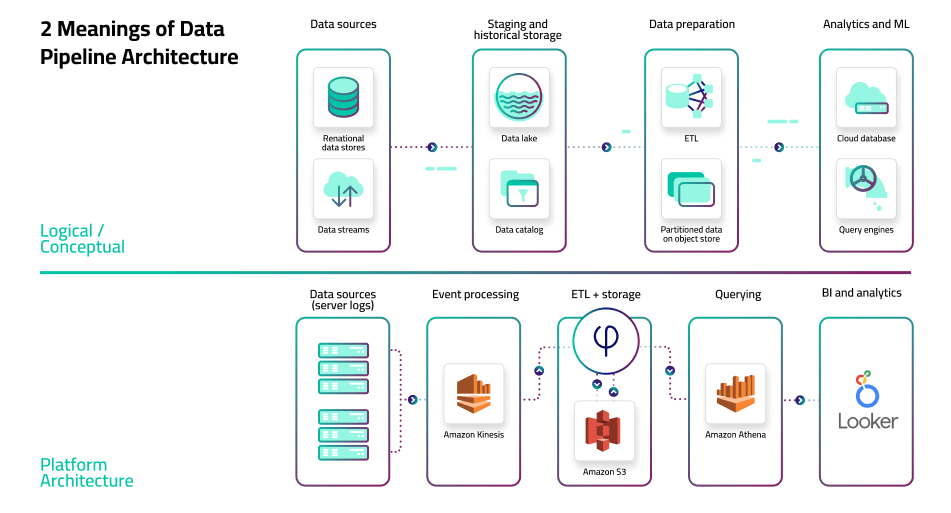
Exploring My Path to Becoming a Data Engineer
The Reasons Behind My Fascination with Data
Data is the new gold, and I've always been fascinated by its potential to transform industries and drive decision-making. Initially, I thought data analysis was just about generating reports and creating visualizations to present insights. However, as I delved deeper into the field, I discovered that there is a whole lot more to it. The entire process of data extraction, transformation, and loading (ETL) is intricate and essential for ensuring data quality and integrity. Additionally, designing and maintaining robust pipeline architectures to handle large volumes of data efficiently piqued my interest even further. Understanding how to clean, preprocess, and integrate data from various sources to make it usable for analysis has been both challenging and rewarding. The more I learn about data engineering and its complexities, the more I appreciate the critical role it plays in turning raw data into valuable insights.
This blog will chronicle my weekly learnings as I embark on this exciting journey into data engineering. My ultimate goal is to become an expert in this field and earn certifications to validate my skills.
The Importance of Data Engineering
In today's data-driven world, data is an invaluable asset for companies and organizations, guiding critical business decisions. However, many big data and data science projects fail due to unreliable data infrastructure and inconsistencies.
Data engineers are the backbone of data-driven organizations. They act as software developers with a specific focus on data. Their responsibilities include data infrastructure, data warehousing, data architecture, data mining, data modeling, data crunching, and metadata management.
Image Courtesy: Acceldata

What Does a Data Engineer Do?
In a nutshell, data engineers collect, manage, convert, organize, clean, and scale raw data into a usable and readable format for data scientists and analysts to evaluate and optimize performance.

The Data Engineer's Tech Stack
Here are the essential tools for any aspiring data engineer:
Programming Languages: Familiarity with at least one programming language is crucial. Popular options include Python, Java, and Scala.
SQL and NoSQL Databases: Understanding relational and non-relational databases is essential for data storage and retrieval.
Cloud Technology: Big data necessitates cloud-based solutions for storage, processing, and scalability. Popular cloud platforms include AWS, Azure, and GCP.
Agile and Scrum Methodologies: Data engineering projects benefit from agile development methodologies like Scrum for efficient project management.
ETL Systems and Data Warehousing: ETL (Extract, Transform, Load) systems and data warehouses are fundamental components of the data engineering workflow.
I'm excited to share my learnings and experiences with you on this journey. Stay tuned for my weekly updates!
